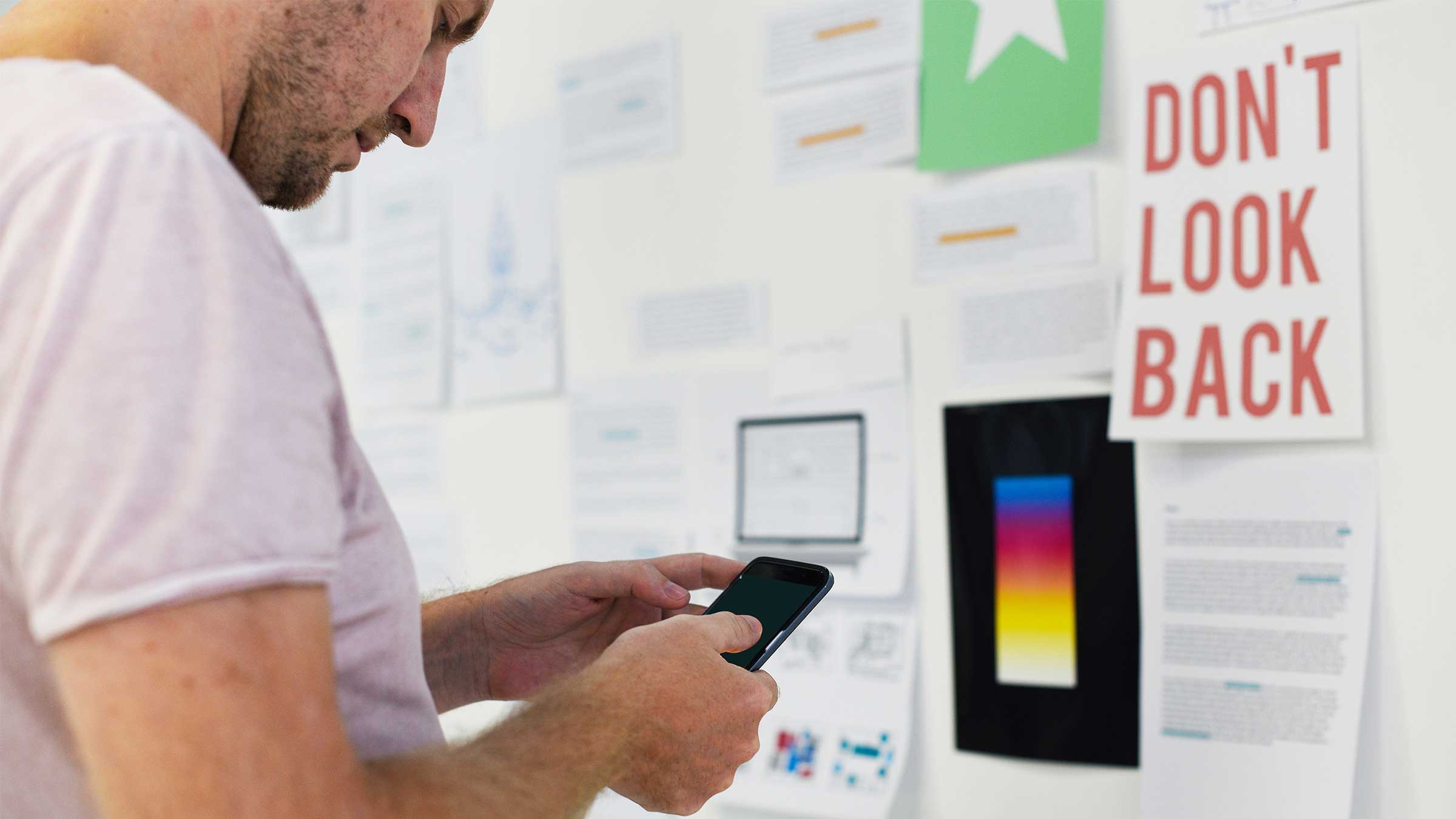“Breaking free” from the confines of a company, and what seems like its tiresome hierarchy and interminable meetings, can sound exhilarating – even if the reality is not quite so clear cut. Some people are not particularly unhappy within a company, and they feel they could do even better going it alone. Whatever the motivations, going freelance can be daunting, but the advantages are hugely enticing.
We take a look at what to consider – and what to expect – in the early stages of your freelance career.
The Months Before You Go: Preparing For Your Freelance Life
Leaving Well
Preparing for your life as a freelancer is arguably the most important period of your incipient freelance career. Get this right, and you have a big chance of success. Carefully choose the time to leave your current employment: make sure it’s on friendly terms and that your work during this interim period is productive and of its usual high quality. Why? Because your current employer might be one of your first clients when you leave. Leaving on good terms, perhaps already with agreements on future projects, can provide you with the perfect boost in your early days as a freelancer.
Making The Right Contacts
During this time, you should also build up your contacts book, get to know other freelancers and create a relevant website – in short, make sure your name and work is out there, seen by the right people. Taking on freelance work while still employed, even with a regular client or two, is the perfect scenario.
Money Matters
Have you got sufficient savings to get through the first 6 months, should you not earn as much as you’d hoped? Don’t forget: freelance work can be a roller coaster of peaks and troughs – is your personality suited to this? Get financial advice from your bank, set up the right (business) account, find out how credit worthy you are and get a trustworthy, expert tax advisor.
The Right Tools & Equipment
You also need to ask yourself whether you have the right tools to do your job. For example, a graphic designer might require a desktop program such as InDesign on their iMac. Is your computer backed up, just in case of a nightmare scenario of a computer malfunction? Some commissions will mean working in a client’s office, while others will insist you work from home – if at home, do you need to splash out on a new programme for your home computer? And that computer you’ve been nursing through the last 12 months: can you rely on it for another few years, or would it make more sense to invest in a new one? And is it worth getting your computer and/or other “tools” insured?

The Transitional Period
Early Projects
By now, you should already be taking on freelance projects; at minimum, there should be projects in the pipeline. Once projects have been secured, make sure deadlines are crystal clear and you are certain you can meet them. Aim to impress, not only with the quality of your work, but also by keeping to deadlines. Get your invoices in early and make sure you know what and when you’ll be paid.
Plan Ahead
Plan and organise your working week and month as much as possible. However, try not to get overly excited by deadlines that suddenly get shifted. Likewise, commissions change, even disappear, while a lucrative major project might land on your desk when you’ve already got a lot on. Can you cope with more work? Can you afford to say “no”, knowing a client might look elsewhere next time? Think such scenarios through and come up with a plan for such eventualities. Planning is also a key element in ensuring that you maintain a healthy work-life balance: at what time in the evening do you stop taking calls from clients or not reply to another “urgent” email? There is no universal answer, and experience will eventually dictate how you respond.

Don’t freeze, don’t isolate yourself; get out there, get active, create your own possibilities and believe in yourself.
Consolidation
Fallow Periods
You’ve survived 6 months or so, and you’re steadily winning commissions, gaining good contacts and building a reputation as a reliable freelancer who provides high-quality work. It’s crucial not to sit back and relax. No matter how well you’re doing, the many ups are invariably followed by fallow periods – and these are the real test of your freelancer credentials. It’s at this point that some inexperienced (and even experienced) freelancers think about giving up and consider a more permanent position. There’s no shame in recognising that there just isn’t enough work out there or that your current situation or personality isn’t suited to this sometimes-precarious existence.
Decision Time – Again
This period, therefore, is decision time, and it’s as important as when you made your decision to leave the security of full-time employment. For those who decide to wait and see, as well as for those who persevere because they simply love freelancing, such experiences will stand them in good stead. Over time, providing there is work out there, your high reputation and hard work will ensure that the good times soon return.
Get Active!
Work your contact book, meet with freelance colleagues and make sure everyone who should know you are available for work does know. Don’t freeze, don’t isolate yourself; get out there, get active, create your own possibilities and believe in yourself. If you’ve been financially sensible over the last 6 months, this is when you can take time for your family, take a holiday, or maybe invest in a course to further improve your career prospects.

And then it’s back to work: you’ve gone freelance, survived and gained some solid experience – now you need to build on what has hopefully been a good start.
Article by Paul Wheatley














Sorry, the comment form is closed at this time.